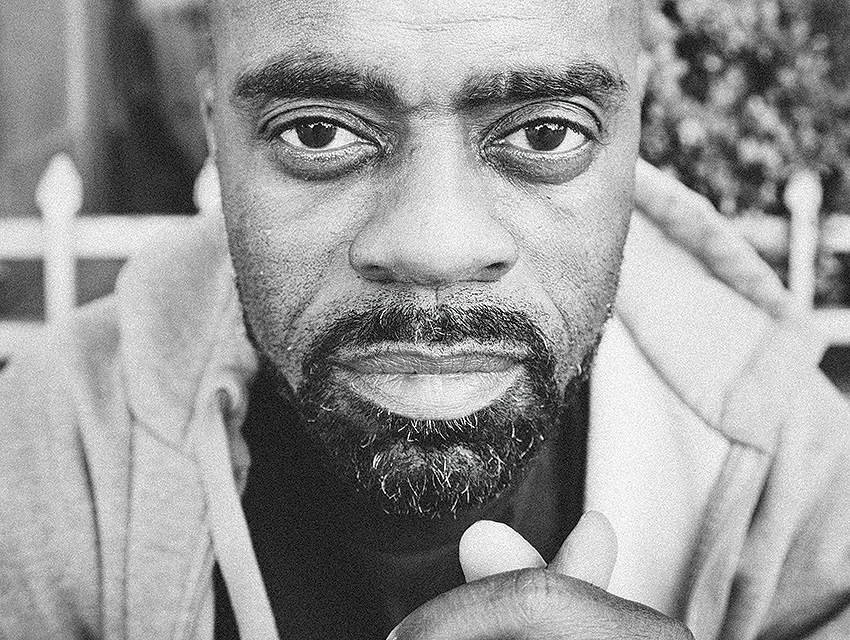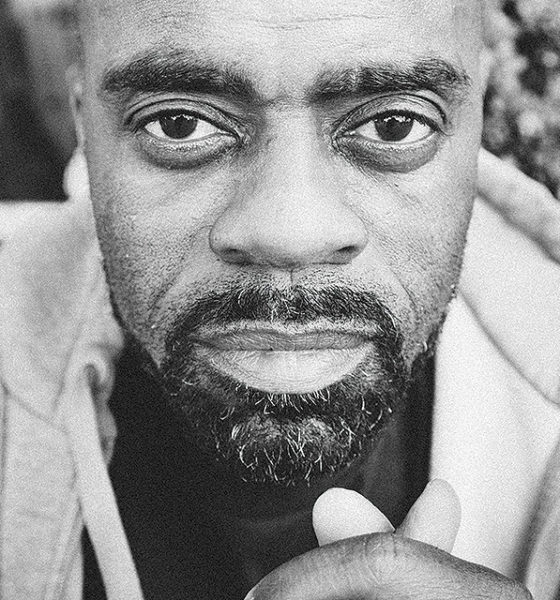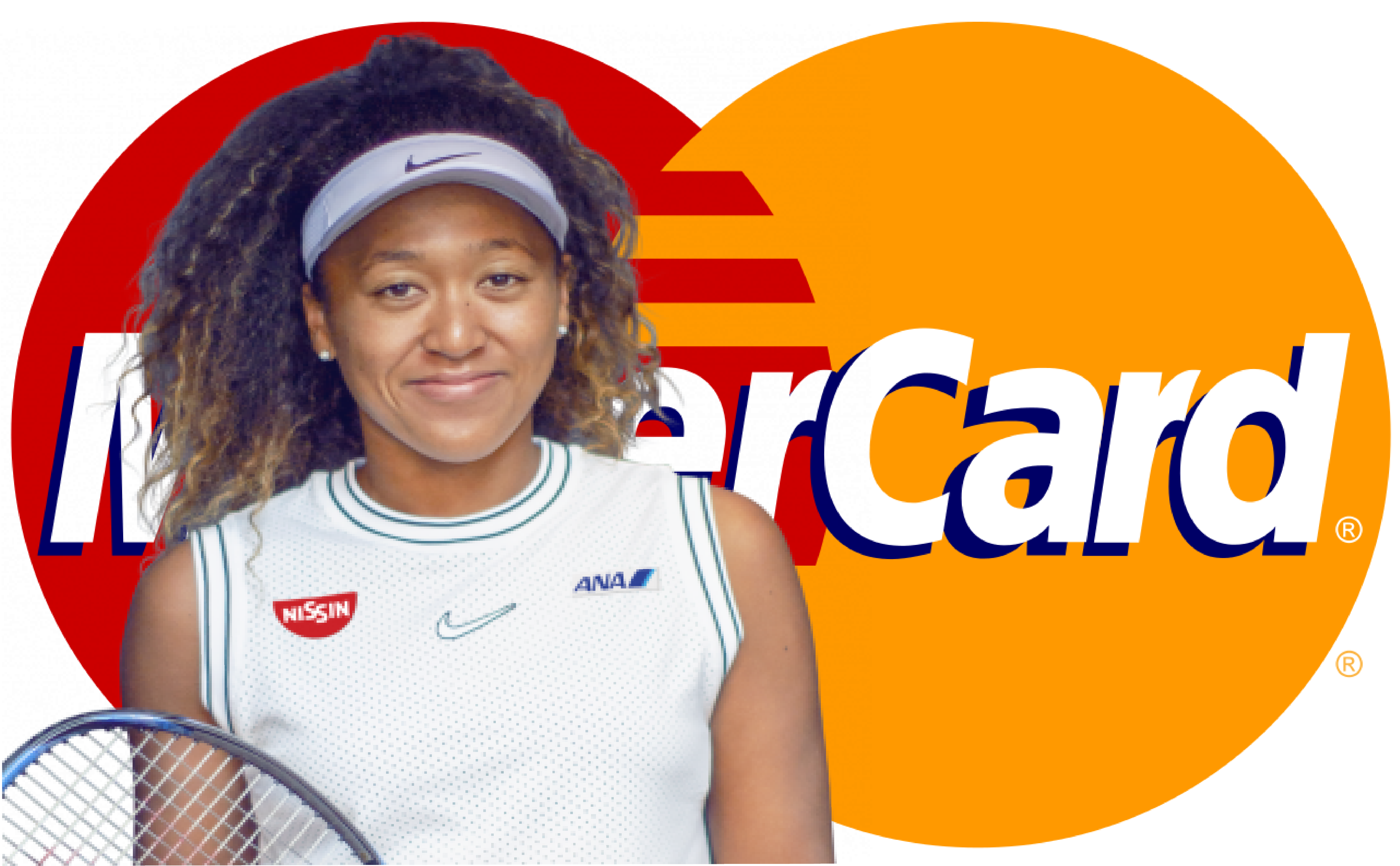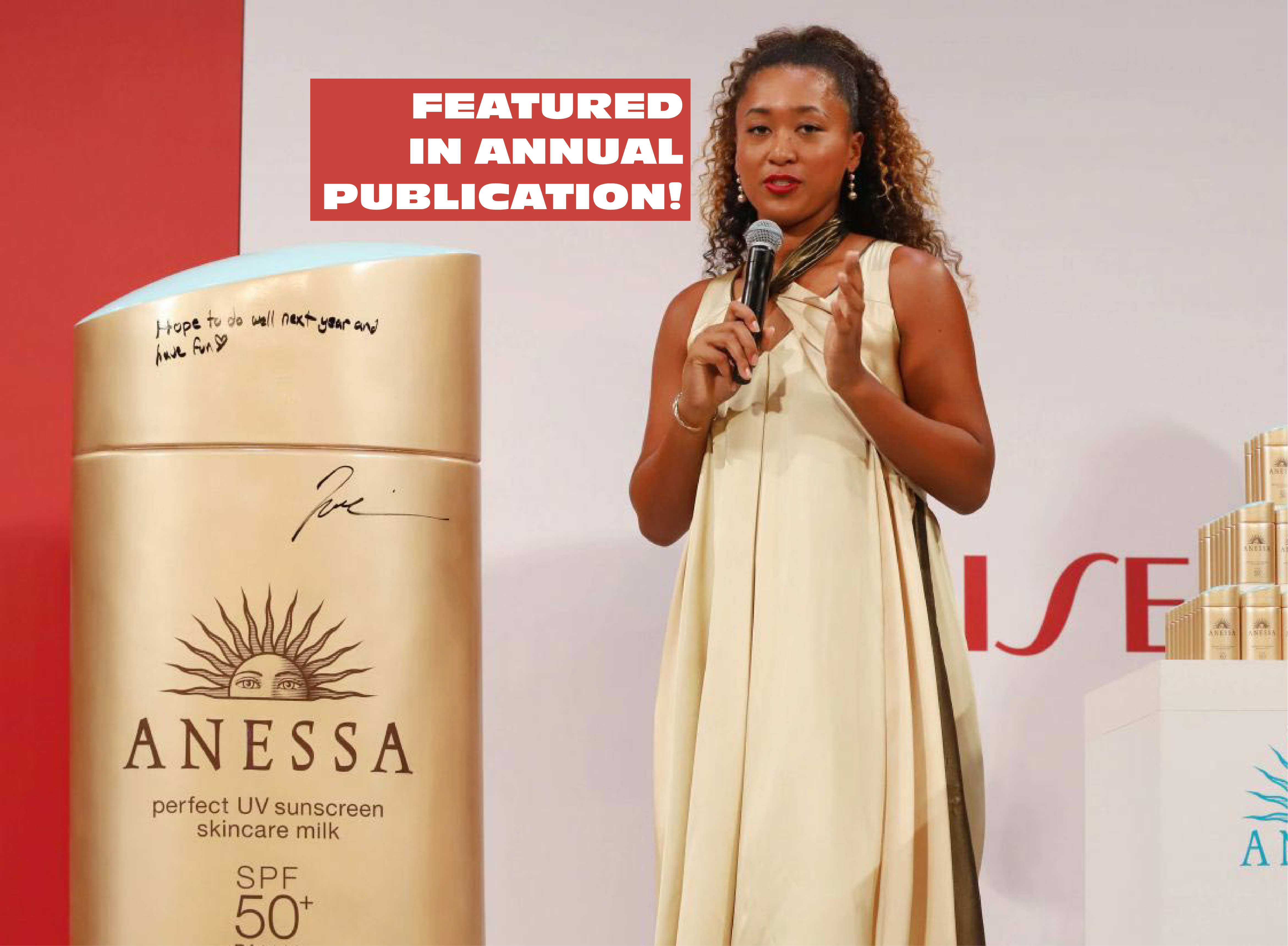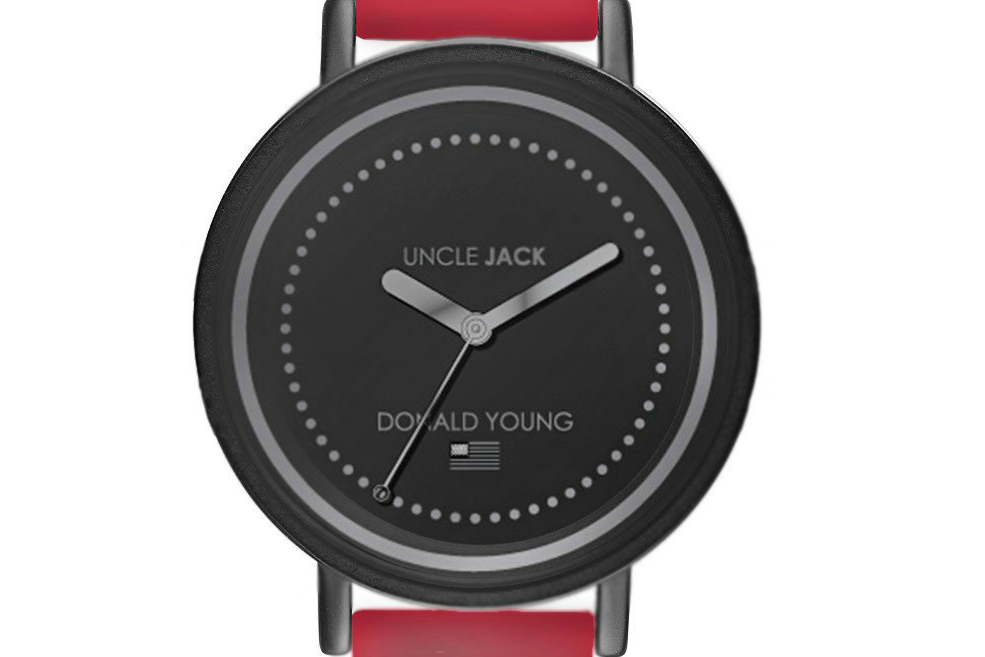By Editorial Team
This week BTM was able to catch up with a living South Central community legend, “Freeway” Rick Ross, and discuss everything from tennis to black economics. There are very few people who don’t know about the exploits of a man who once dominated drug trafficking to such an extent that federal law enforcement established a special task force to bring him down.
During his primitive years as a drug dealer one thing remained apparent; that was Rick’s ability to conduct business and organize a community to serve a singular purpose. At the time Rick was one of the only black men successful in coordinating large groups of blacks across multiple regions within the United States in any business endeavor whether legal or illegal. As such, Rick become a real threat to the establishment during a period of racial tension and conflict within South Central Los Angeles.
Rick’s story has been well documented over the years and with his new Netflix movie entitled, “Freeway: Crack in the System” there is not much left to reveal. However, his early years of being an avid tennis player in high school was briefly discussed. Rick had big dreams of becoming the next tennis great alongside his hero Arthur Ashe and other local tennis stars in his community. Rick’s tennis career was cut short due to his issue with illiteracy and as a result climbed the ladder to government involvement as a drug kingpin.
The part of Rick’s story that usually goes untold is his early life as a tennis player and also his active participation within the sport of tennis. As a tennis coach, mentor and financier he has helped shape the black tennis community in ways most know little about. Rick still frequents Rancho Cienega Tennis Club to play at his leisure and connect with the community.
BTM: How did you first get introduced to the sport of tennis?
RR: I got started in tennis within the South Central LA community as I played a condensed version of the game in a dirt field with worn rackets. From there I was very interested in the game and several other kids in the neighborhood began to latch onto the sport. We just grew to love the sport from there because we were introduced to tennis at such an early age.
BTM: What attracted you to the sport? What do you love about tennis?
RR: I love the competitive nature of the sport and the ability to use my mind on the court to wear down my opponents by getting every ball back in play. I apply tennis strategy to almost everything I do.
BTM: What was your biggest accomplishment in tennis as a junior prior to your drug dealing days?
RR: I was a leader on the Dorsey High School tennis team and we were on an all black team ranked 3rd in the country.
BTM: Did you play tennis in prison? Was it popular in prison?
RR: Yes, we had tennis courts in some of the facilities so I was able to play while I was there
BTM: Are you currently involved in the sport? How?
RR: Yes, I coach tennis to young juniors. I am coaching a couple youngsters now that will be the best in the world one day. They are just that good.
BTM: What would it take to get more blacks into playing the sport professionally like other sports like football or basketball?
RR: Tennis is a very expensive sport to just pick up as a kid because it is so expensive. You have to have money for coaching and equipment, not to include travel expenses and transportation around town just to get to the best training programs in the area. In order to get more blacks playing tennis there must be more programs to introduce the sport at the grass roots level to build popularity and a desire to continue playing for fun as a kid.
BTM: We heard that you supported a few professional tennis players on tour… If yes, Who? Is this something that you plan on doing?
RR: The most notable on tour now is Sachia Vickery. I sponsored her for the US Open several years ago. I backed a lot of players over my career and have also done whatever I could do help young players as they transitioned to the pro ranks and also while on the pro circuit.
BTM: Who is your favorite player on tour now? Is there a player that excites you?
RR: I like watching Federer and the William Sisters play, but I don’t have any favorites at the moment.
BTM: What would you tell kids and young adults about the life of hustling and fast money?
RR: Stay in school and focus on your education. Do not take the short cut in anything and never be afraid to ask for help when in need. The easy way out is usually the most damaging to you as it has negative consequences. Be a critical thinker and ask yourself whether your actions will have bad consequences.
BTM: Without the drug game now, do you think that you will be able to get back to where you were in a legal business environment?
RR: I will be richer. I believe that I can exceed where I was financially when I was drug dealer. I am using technology to bounce back financially. When I was in prison I missed out on all of the internet and social media buzz. But now I see where things are and there are some things that others are not doing on social media and I see where I can change the game using social media and technology.
BTM: What are you doing now in business that you want to share?
RR: I am writing a book, doing speaking engagements, running a clothing company and doing a new movie. I also have a movie out on Netflix, “Freeway: Crack in the System.” Plus I work a lot within the community helping people develop their businesses. I stay extremely busy now.
BTM: What is the current state of the black community on a national level? If not good, why are we so behind in business ownership? What can we do to improve it?
RR: The black community is in the worst condition that it has ever been in. Unemployment and homelessness are among two of the biggest issues affecting our local community. It has definitely gotten worse over time as opportunities have been reduced. Blacks don’t work together as they should.
BTM: Please tell us some of the key elements (or principles) to business success as you have run an organization (albeit illegal at the time) and have attained the skill and ability to organize large group of people in multiple areas and motivate people while generating huge sales.
RR: Work hard and don’t take the easy way out. Be willing to work for free at first to prove your worth upfront. If you can get into a job and prove yourself valuable you can get any job you want, Think long term; don’t be so focused on the short term hourly pay. Build a portfolio of work and keep your sights set on the big picture.

 News6 years ago
News6 years ago
 News6 years ago
News6 years ago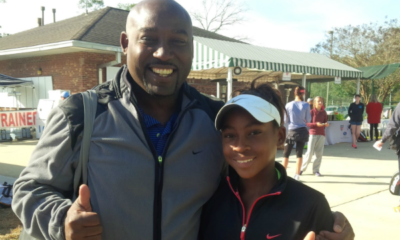
 Juniors8 years ago
Juniors8 years ago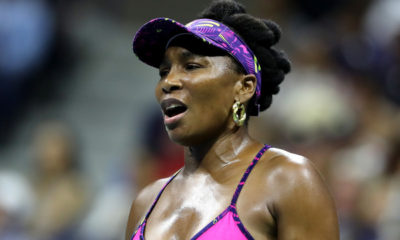
 News6 years ago
News6 years ago
 Pro Tour6 years ago
Pro Tour6 years ago
